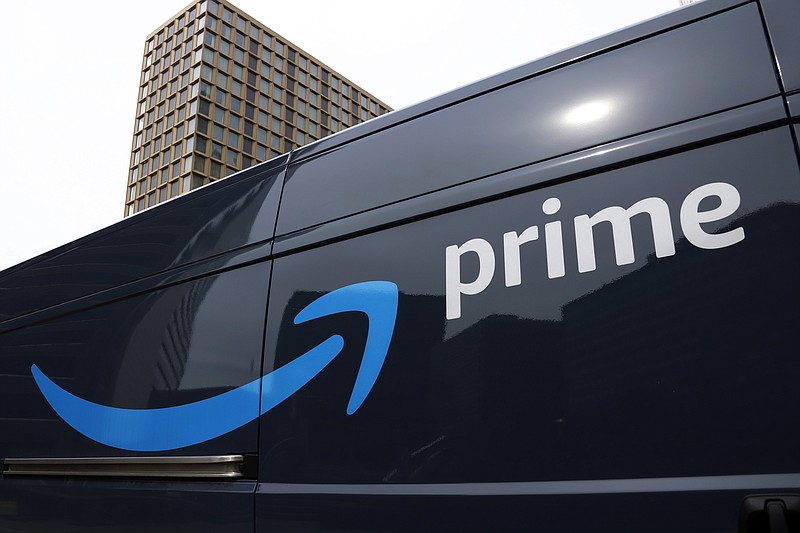By HALELUYA HADERO
The Associated Press
NEW YORK (AP) -- Amazon was sued Wednesday by the Federal Trade Commission for allegedly engaging in a yearslong effort to enroll consumers without consent into Amazon Prime and making it difficult for them to cancel their subscriptions.
In a complaint filed in the U.S. District Court for the Western District of Washington, the agency accused Amazon of using deceptive designs, known as "dark patterns," to deceive consumers into enrolling in Prime, which provides subscribers with perks such as faster shipping for an fee of $139 annually, or $14.99 a month.
The FTC said Amazon made it difficult for customers to purchase an item without also subscribing to Prime. In some cases, consumers were presented with a button to complete their transactions -- which didn't clearly state it would also enroll them in Prime.
Getting out of a subscription was often too complicated, and Amazon leadership slowed or rejected changes that would have made canceling easier, the complaint said.
Internally, Amazon called the process "Iliad," a reference to the ancient Greek poem about lengthy siege of Troy during the Trojan war.
"Amazon tricked and trapped people into recurring subscriptions without their consent, not only frustrating users but also costing them significant money," FTC Chair Lina Khan said in a prepared statement. "These manipulative tactics harm consumers and law-abiding businesses alike."
The FTC argued that Amazon's practices violated the FTC Act and another law called the Restore Online Shoppers' Confidence Act, which Amazon disputed.
"The FTC's claims are false on the facts and the law," Amazon spokesperson Heather Layman said in a statement. "The truth is that customers love Prime, and by design we make it clear and simple for customers to both sign up for or cancel their Prime membership."
Launched in 2005, Prime has more than 200 million members worldwide who are entitled to perks such as free delivery, returns and the streaming service Prime Video. In the first three months of this year, Amazon reported it made $9.6 billion from subscriptions, a 17% jump from the same period last year.
Layman, the Amazon spokesperson, said the company found it "concerning" the FTC filed the lawsuit without notifying Amazon, which was in discussion with agency staffers about Prime.
The lawsuit also comes as Amazon is facing heightened regulatory scrutiny as it moves to expand its e-commerce dominance and dip its toes into other markets, including groceries and health care.
The tech giant has also faced other lawsuits accusing its Prime cancelation process of being too complicated. While under scrutiny from the FTC, the company in March provided consumers with instructions on how to cancel their Prime memberships in a blog post.
